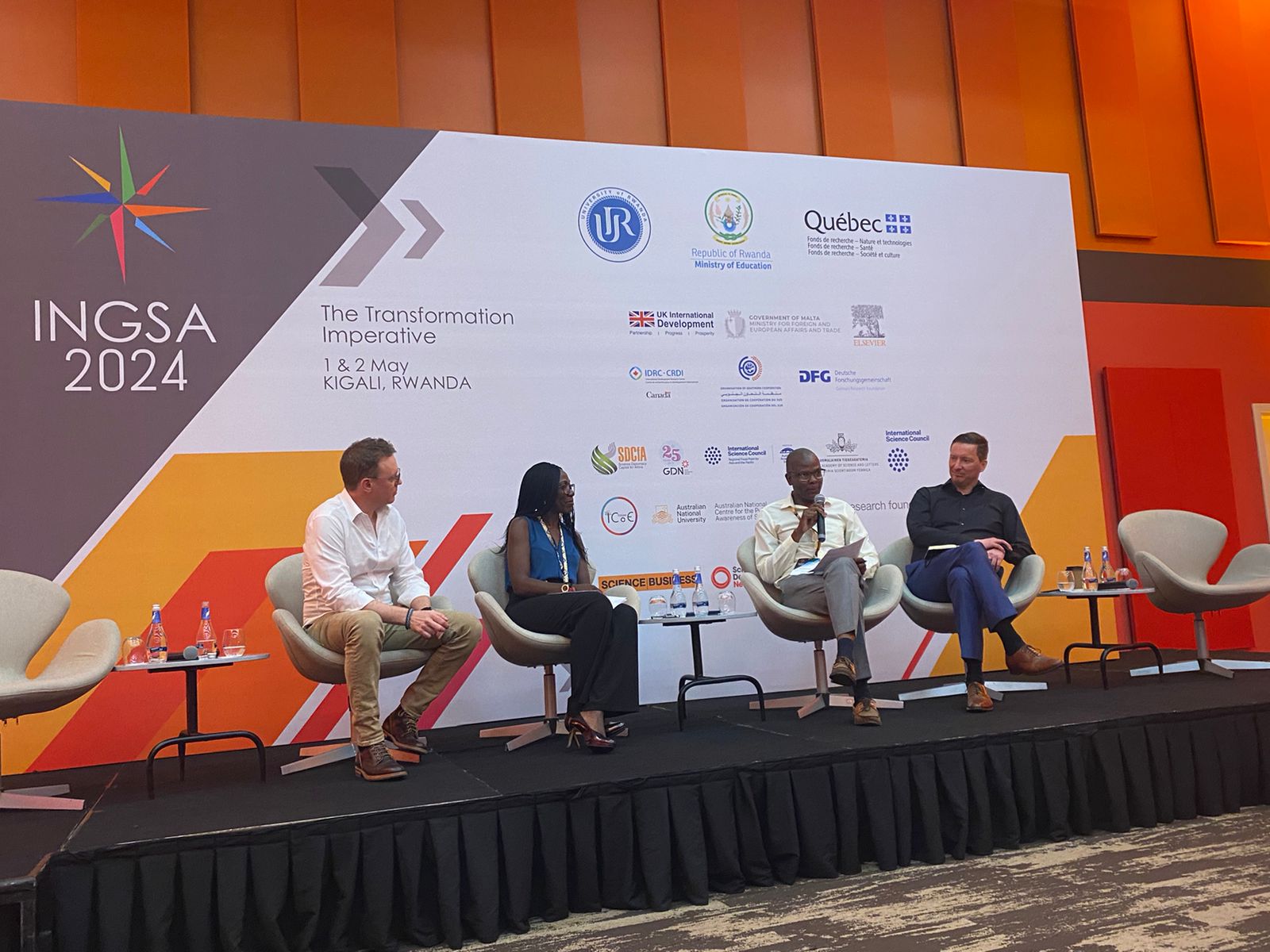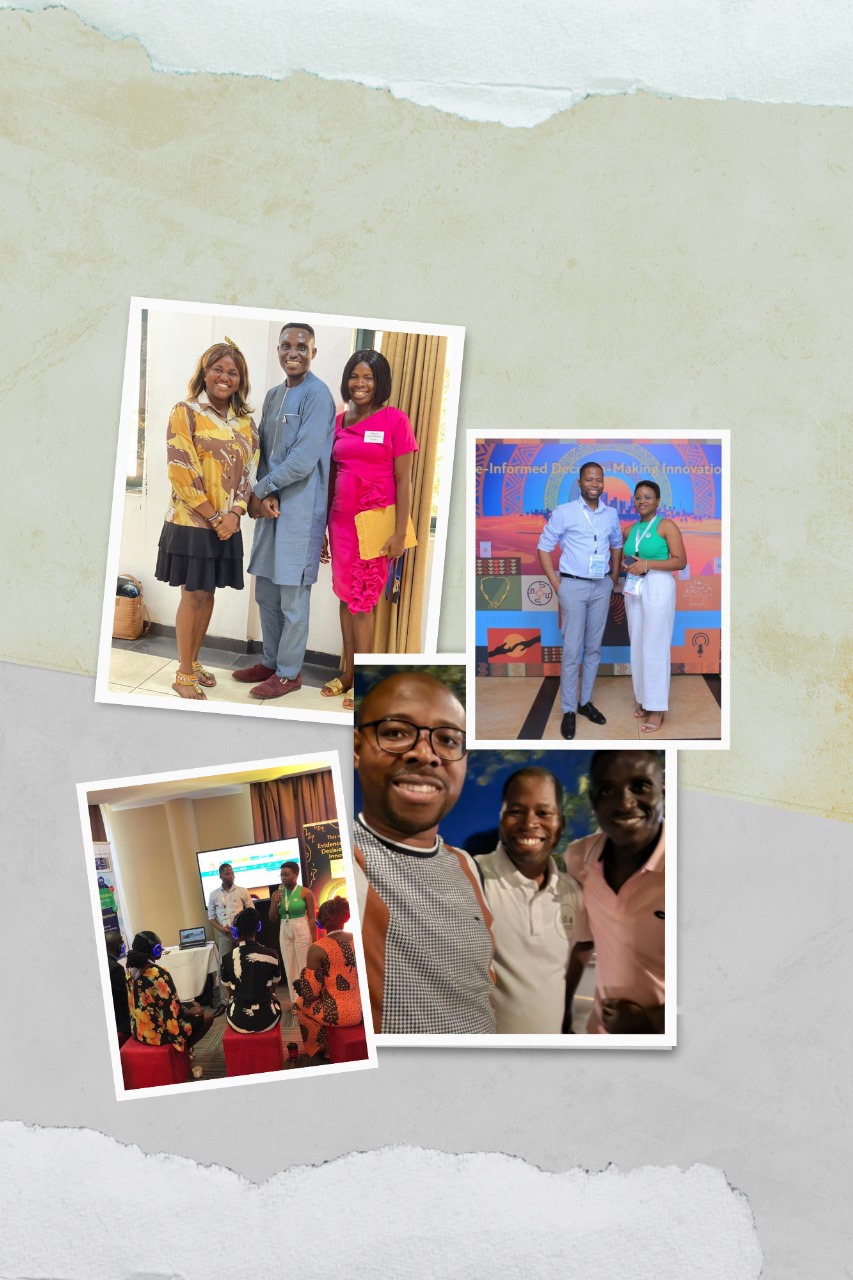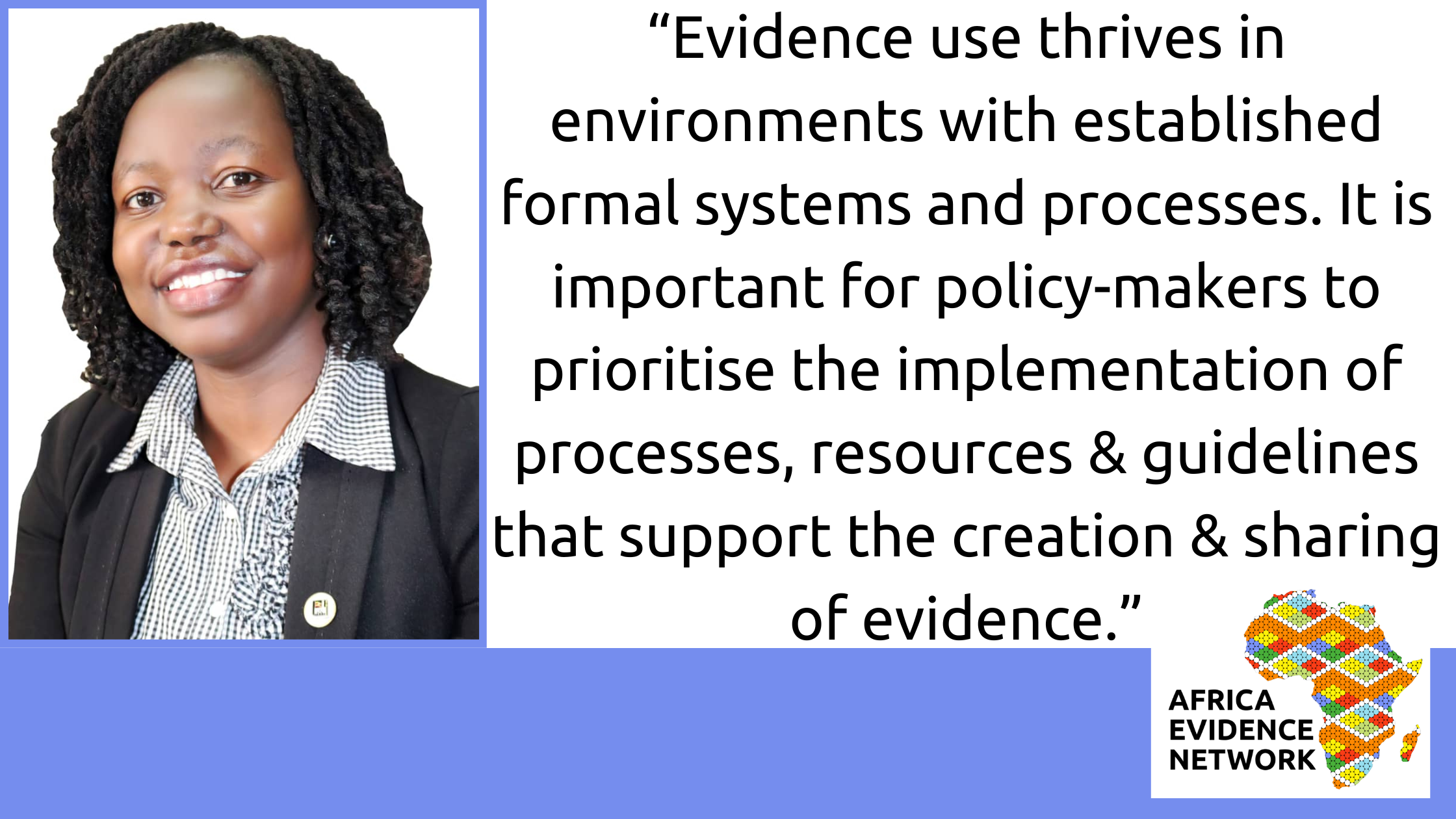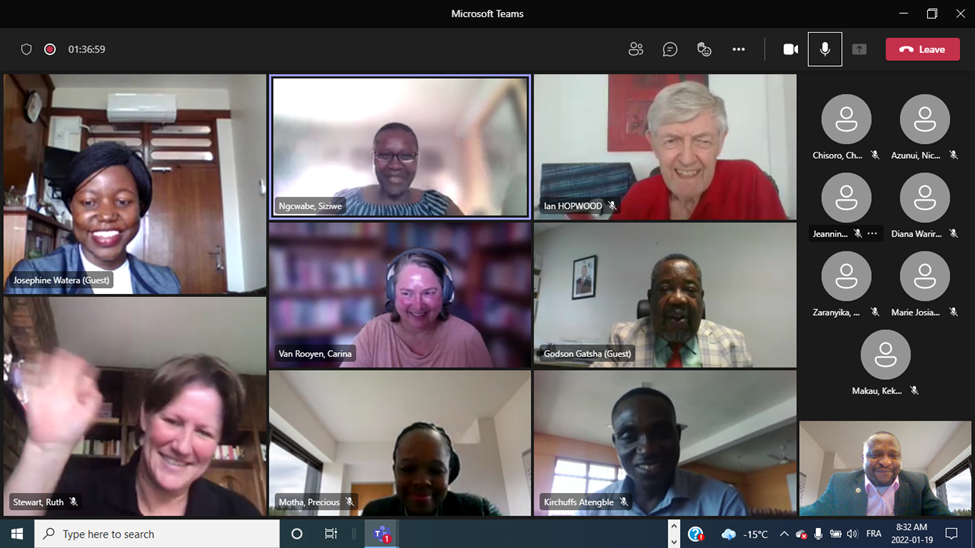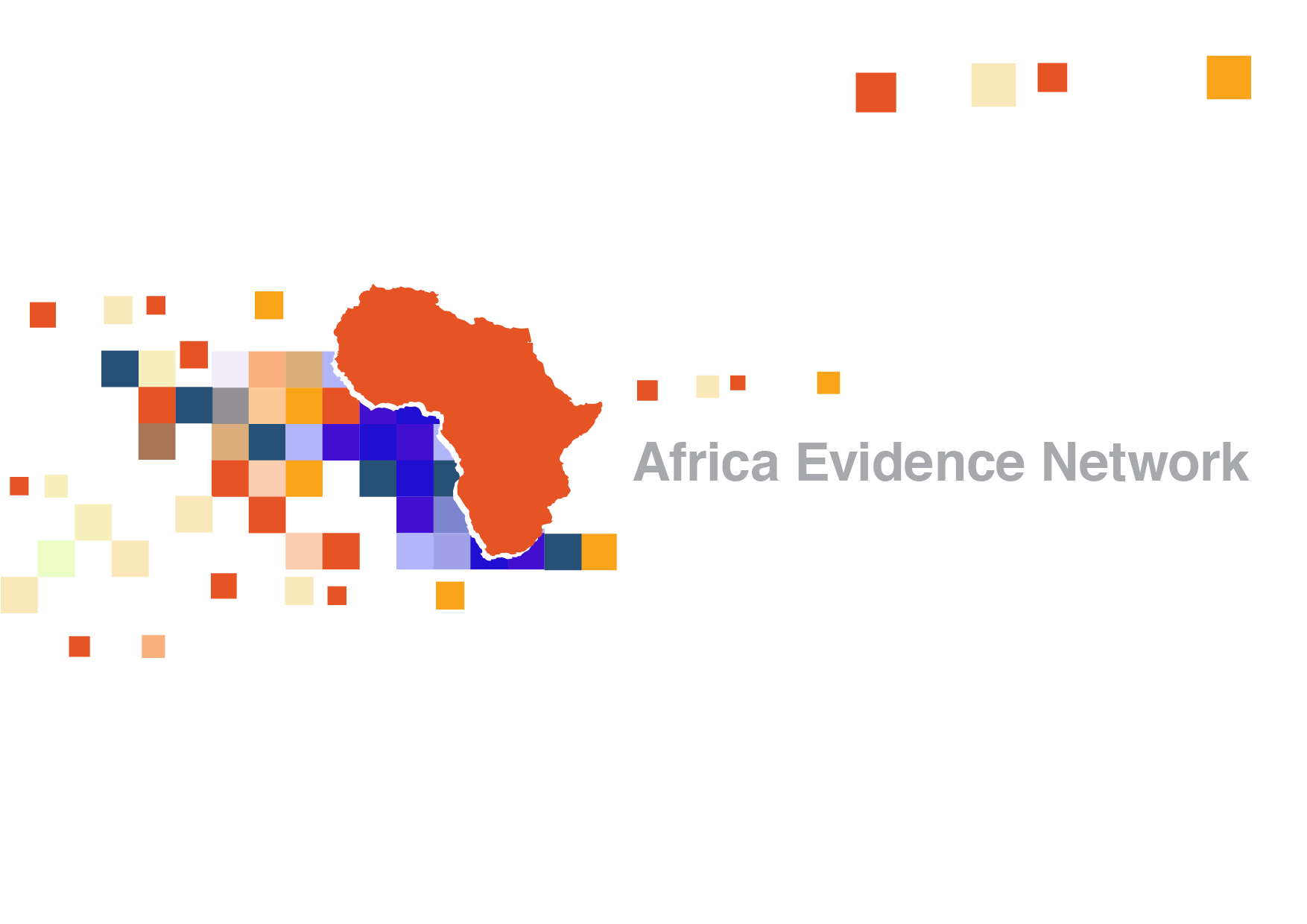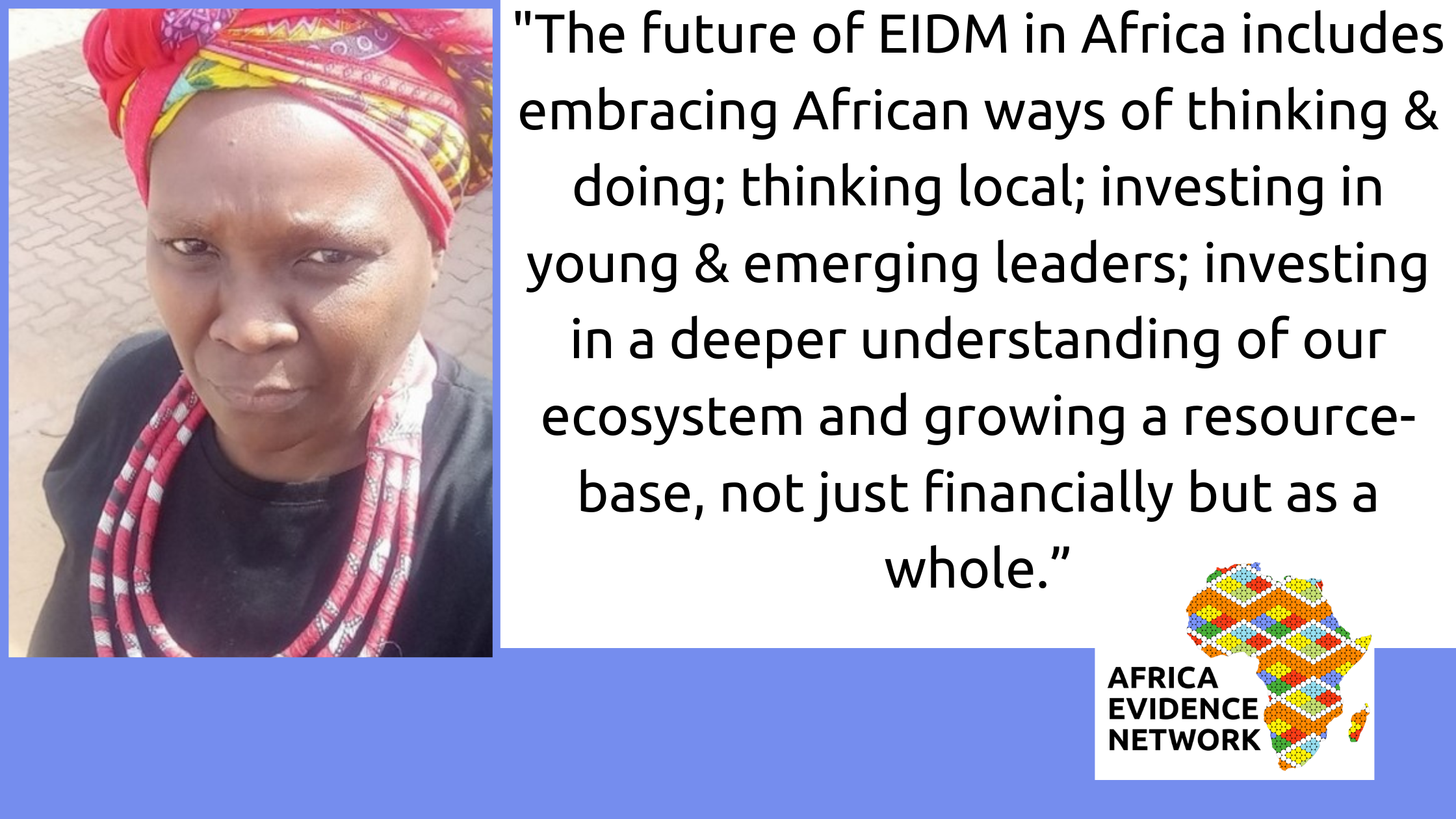
The Africa Evidence Network (AEN) is a broad community of over 5000 diverse people who share a vision to end poverty and inequality in Africa. The Network’s mission is to work with others to contribute to this vision by increasing the use of evidence in decision-making. The Network is Pan-African, open to all who live and work on the continent. I was honoured to contribute to the AEN podcast series on 15 April 2024, which aims to cast a light on the African evidence ecosystem, specifically focusing on the history, progress, pitfalls, and the future. Work has been done across the continent to advance Evidence-Informed Decision Making (EIDM) and Implementation across sectors and all elements of the evidence production and use cycle, from the generation of evidence to its integration into policy and implementation and all types of evidence from administrative data, evaluations of all kinds, experimental research, citizen experiences and systematic syntheses of primary studies.
I had to answer difficult questions about the power of sustaining effective networks for EIDM.
How did you find the world of evidence-informed decision-making?
While working in government, I offered technical support for implementing a national Orphan and Vulnerable Children (OVC) programme in South Africa. I wondered whether we have evidence of developing policies and programmes that use research. At the end of this programme, I was thinking about my next move. In 2017, a colleague, Janine Mitchell, introduced me to Ruth Stewart, the founding chair of the AEN. That’s how I learned about the world of EIDM, which has been a learning journey.
How would you explain EIDM and implementation to someone who has never heard of it?
Using the best available evidence to make a difference in policy-making, development, and programme design.
What exactly are networks in the context of EIDM, and why are they essential for navigating complex issues such as poverty and inequality?
For Africa, poverty and inequality represent difficult problems that call for cooperative and shared solutions. When responsive evidence is used to guide decision-making, decisions can be made more effectively, with less harm and waste, greater accountability and openness, and greater consideration for social issues of inclusion and equity. Therefore, EIDM has the potential to significantly lower inequality and poverty in Africa.
What are some common challenges or barriers that the AEN encounters as a network in its efforts to promote EIDM? How can these challenges be addressed?
Financial Resources: The AEN's work was unfunded during the initial stages. Financial resources to build a sustainable network were secured from 2014 to December 2016, when it received funding from the UK’s Department for International Development as part of a grant to Build Capacity to Use Research Evidence (BCURE). With Hewlett funding, the Network has grown to be an important regional and global player. The future sustainability of the AEN relies on its ability to continue securing additional funding for the Network.
Language barrier: We have French-speaking AEN members, which has been a challenge for the network since its inception. We are currently making plans to ensure we deliver our work in both English and French to ensure access.
Involvement of Young and emerging EIDM leaders: Since 2018, young and emerging leaders' interest in EIDM has become apparent. The Africa Evidence Youth League (AEYL) was officially launched at Evidence 2023 to nurture, empower, and amplify the voices of emerging education evidence leaders across Africa. In December 2023, their Manifesto was launched in English and French. A six-month interim report that provides a detailed overview of AEYL highlighting progress, achievements, and key learnings thus far was published in English and French. It also outlines the upcoming priorities and strategies.
In your experience with the AEN, what are some key principles or best practices for establishing and sustaining effective networks for EIDM?
- Nothing about members without them.
- Co-create the work of the network.
- Bring together the members to learn and share experiences in bigger gatherings and smaller groups such as working groups and communities of practice.
- Create opportunities for members to participate.
- Have a good team.
Where do you see the future of EIDM in Africa? What opportunities do networks have to further enhance their impact on EIDM?
- Embracing African ways of thinking and doing.
- Thinking local – the value of engaging with communities and citizens, fostering our local networks, and building up local entities whilst avoiding replicating unequal and inequitable power structures.
- Invest in young and emerging leaders.
- Invest in a deeper understanding of our ecosystem.
- Grow resource base not just financially but as a whole.
About the author: Siziwe Ngcwabe is the Director and Co-chair of the Africa Evidence Network. She is a South African inspirational trailblazing social entrepreneur, motivational speaker, personal change catalyst, and academic. She was born in Qitsi village, Cofimvaba, Eastern Cape, and raised in East Driefontein mine in Carletonville. She holds a Bachelor degree in Social Work with honours from the Walter Sisulu University (UNITRA), a Postgraduate Diploma in Business Management (PGDBM) from MANCOSA, a Master’s degree of Public Management-MPM and Masters of Business Administration-MBA from Regenesys Business School. She worked as a social worker with SANCA in Carletonville, and held several positions (Community Development Facilitator, Programme Manager, Operations Manager, Capacity building and Psychosocial support) at Heartbeat Centre for Community Development to establish and develop an Orphaned and Vulnerable Children (OVC) Program in Carletonville, held several positions (Community Development Advisor, Organisational Development Specialist and Head of Department (HOD) Gender Based Violence (GBV) at Foundation for Professional Development (FPD), she was a Senior Management Consulting Advisor: Isibindi programme for FHI 360 (seconded to the National Department of Social Development). Siziwe Ngcwabe is currently the Director and Co-chair of the Africa Evidence Network. She approaches the challenge of working in various environments with dedication and diligence. She believes with her willingness to continuously face new challenges, her intellectual curiosity, and her academic and 23 years of experience, she aims to contribute to the stellar and renowned organisation. She is excited at the prospect of adapting some of these experiences to the organisation and being led by the unique circumstances of South Africa to drive innovative solutions for unique problems. She has served as a trustee and member of the Board for several non-governmental organisations and Foundations over the years.
Acknowledgements: The author(s) is solely responsible for the content of this article, including all errors or omissions; acknowledgements do not imply endorsement of the content. The author is grateful to Charity Chisoro for her guidance in preparing and finalising this article, as well as her editorial support.
Disclaimer: The views expressed in published blog posts, as well as any errors or omissions, are the sole responsibility of the author/s and do not represent the views of the Africa Evidence Network, its secretariat, advisory or reference groups, or its funders; nor does it imply endorsement by the afore-mentioned parties.
Suggested citation: Ngcwabe S (2024) The power of networks in evidence-informed decision-making (EIDM). Blog posting on 17 April 2024. Available at: https://www.africaevidencenetwork.org/en/learning-space/article/321/
